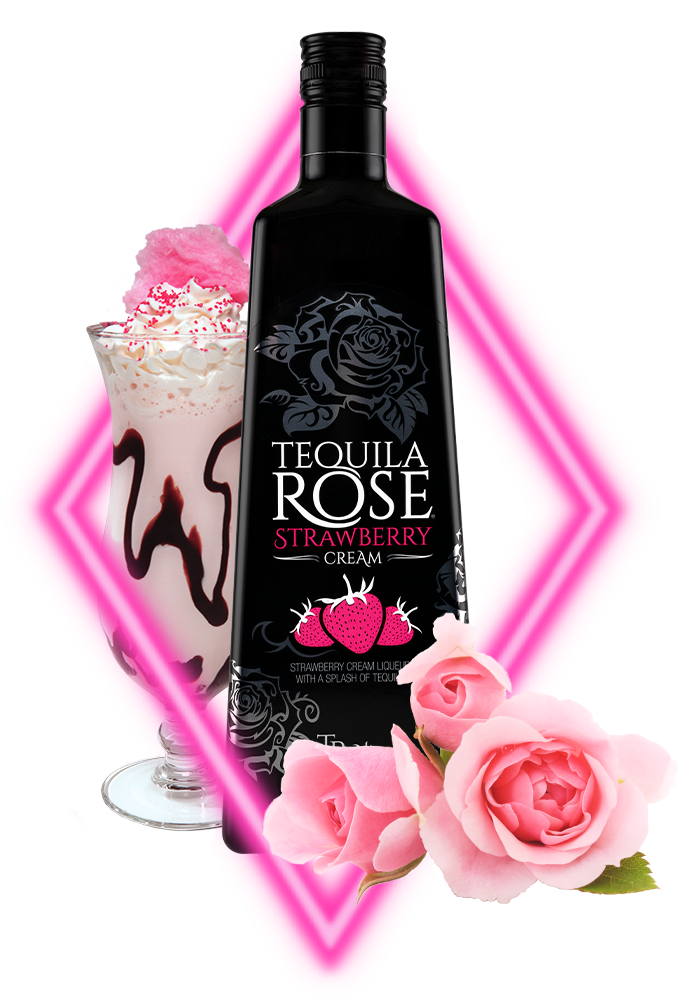Almost the same number, 66%, agree stores where they shop need to be environmentally friendly. Consumers aged between 35 and 44 feel especially strongly about brands and shops sharing their sustainability values.
While the COVID pandemic and successive lockdowns put a hold on green issues and sustainability, it's again top of brand agendas.
When it comes to in-store sustainability in the retail industry, including food retailers, there's a clear sense shoppers feel unimpressed by the pace of change as they pay close attention to the sustainability initiatives of the retailers they engage with on a day-to-day basis.
“Our role is to help brands create an emotional experience with their customers. This includes evaluating and setting up solutions and processes to support them in reducing the environmental impact of their points of sale and to assess how to improve their efficiency and optimise their technological solutions,” says Jonathan Wharrad, VP Global Retail Brand Experience at Mood Media.
“Finally, it’s about supporting them through the life cycle of their technical solutions. All of this is to ensure the best in-store experience for their customers.”
Mood Media is working with Design Conformity to advise retailers on how to reduce their carbon footprints and implement greener retail designs.
Adam Hamilton-Fletcher, who is the MD at Design Conformity added: “At Design Conformity we’ve been championing carbon assessment for a number of years, but recently we’ve seen a genuine change in the industry.
"Europe's leading the way and pushing their companies to provide accurate, verified carbon efficacy data which they can report to customers and shareholders.
"We're working with global brands, retailers and interior specialists such as Mood Media to provide Life Cycle and Carbon Assessment to ISO standards, so companies can report improvements. In the past, sustainability was a ‘nice to have.’ Now carbon is becoming a currency.”
Partnerships with quality manufacturers, including Bose, Samsung and LG, allow Mood to ensure components are chosen carefully and last longer, reducing the environmental impact of having to replace equipment. Furthermore the company has developed Mood HarmonyTM, a point-of-sale content management platform designed with energy efficiency in mind, using fewer than 10 watts of power with few in-person updates necessary.
When equipment does need to be replaced, a further partnership with CHG ensures it can be recycled, further reducing the installation’s impact.
“For retail to recover, stores cannot ignore consumers and their desire to reward companies going beyond words on sustainability and taking effective action,” concludes Jonathan Wharrad.
For more information on sustainability in retail, download Mood Media’s White Paper: https://moodmedia.com/gb/resources-gb/sustainability-in-retail/
Speaking from a personal point of view the major chain coffee shop that my wife and I prefer is a greener and more sustainable and uses rain water for toilet flushing.
It's one of the Eco Pod premises that Costa is rolling out over the country.
This is what Costa says about them:-
"A special frame made from sustainably sourced FSC timber, which replaces the typical steel frame and so reduces each building’s carbon footprint
"Super-insulation, which keeps the stores warm in winter and cool in summer
"Intelligent positioning of the buildings, designed to make the most of the sun’s heat and so reduce the amount of energy needed to keep them warm and rooftop solar panels."
https://www.costa.co.uk/behind-the-beans/planet/reducing-our-footprint
(Image courtesy of knight07/Pixabay)



.jpg)












